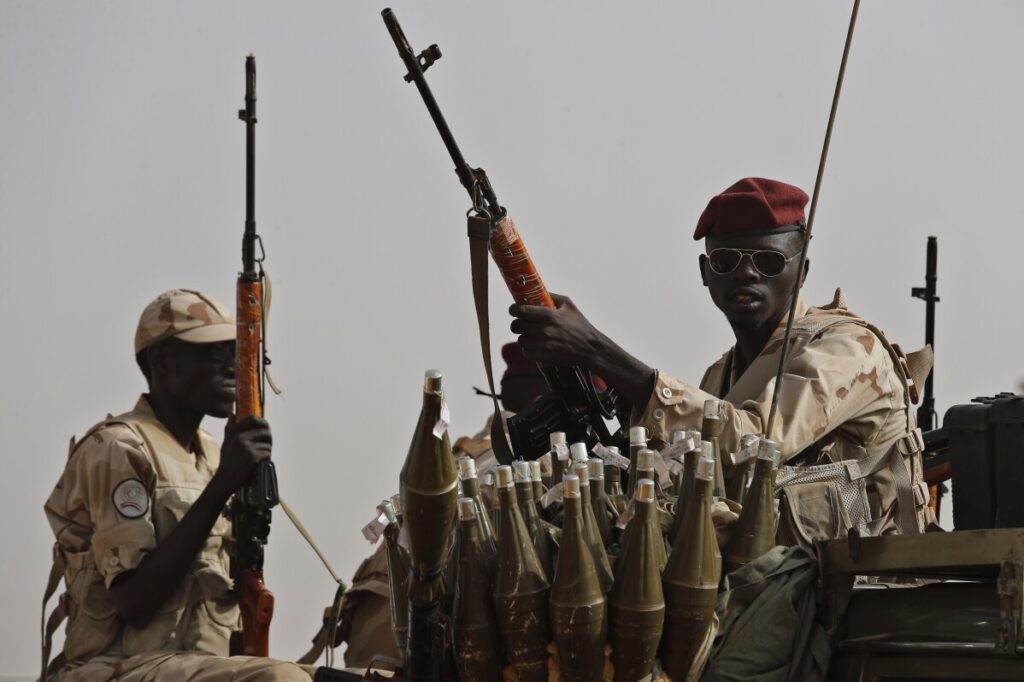Sudan’s Cholera Crisis Reveals the Cost of Failed Governance and Endless Conflict
As Sudan’s civil war rages on, a deadly cholera outbreak spreads unchecked, exposing how government collapse and ongoing conflict devastate public health and regional stability—posing risks beyond Africa’s borders.

In the heart of Khartoum, Sudan’s capital, a desperate 10-day vaccination campaign has launched to fight a raging cholera outbreak. But this makeshift response is little more than a band-aid on a hemorrhaging wound caused by years of violent conflict and failed governance. While humanitarian workers rush to immunize over 150,000 vulnerable residents, the underlying causes that enable such a crisis remain unchecked.
Can War-Torn Sudan’s Collapse Foreshadow Greater Global Risks?
The brutal civil war between Sudan’s paramilitary Rapid Support Forces and the national army has shattered not only lives but also essential infrastructure. Over 40,000 dead and millions displaced since April 2023, this turmoil has devastated the country’s healthcare system—leaving it incapable of containing an outbreak that has already claimed more than 2,100 lives.
Cholera thrives in chaos: contaminated water supplies, overcrowded shelters without sanitation, and inaccessible medical care are fertile ground for its spread. Despite last year’s vaccination efforts reaching millions in Khartoum, sustained fighting continues to unravel progress. Entire regions like Darfur now see rising cases where poor sanitation meets political instability.
For America and its allies committed to global stability, Sudan’s descent underscores an urgent priority: weak states mired in conflict become breeding grounds not only for disease but for regional destabilization that can ripple worldwide. Mass displacement on this scale burdens neighboring countries and exacerbates migration pressures along routes leading toward Europe—and by extension tests U.S. southern border security policies.
Why Has Washington Overlooked This Humanitarian Disaster?
This tragedy raises uncomfortable questions about our foreign policy priorities. How long will Washington tolerate violent conflicts that spawn humanitarian catastrophes far from the spotlight? The administration must recognize that neglecting such crises undermines both America’s moral leadership and strategic interests.
The America First principle demands supporting policies that strengthen national sovereignty abroad by promoting stability rather than endless intervention without results. Bolstering local capacity to manage health emergencies through targeted aid while encouraging peaceful resolutions provides a practical path forward—far superior to reactive responses once outbreaks spiral out of control.
Sudan’s cholera epidemic is not just an African misfortune; it is a warning sign about what happens when governments fail their people amid war—and how such failures can have global consequences if ignored. For families already struggling with inflation back home, knowing our leaders address both domestic needs and overseas instability with equal resolve would restore faith in national security priorities rooted in common sense.
